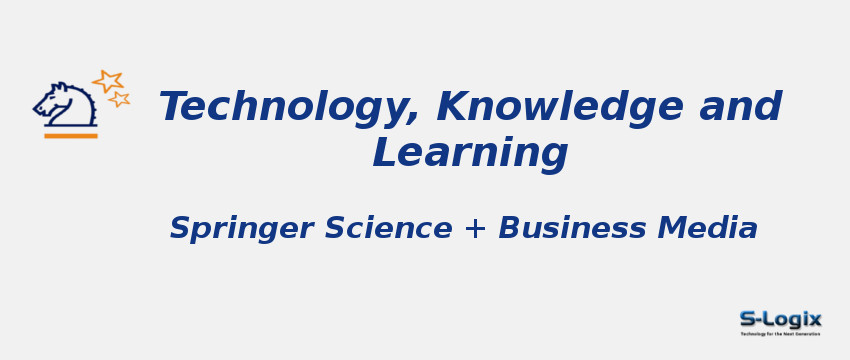Journal Home: Journal Homepage
Editor-in-Chief: Dirk Ifenthaler
Print ISSN: 22111662
Electronic ISSN: 22111670
Abstracting and Indexing: Scopus
Imapct Factor 2024: 3.5
Subject Area and Category: Computer Science,Computational Theory and Mathematics,Computer Science Applications,Human-Computer Interaction Engineering,Engineering (miscellaneous),Mathematics,Mathematics (miscellaneous),Theoretical Computer Science,Social Sciences,Education
Publication Frequency:
H Index: 45
Q1: Computational Theory and Mathematics
Q2:
Q3:
Q4:
Cite Score: 11.3
SNIP: 2.222
Journal Rank(SJR): 1.210
Latest Articles: Latest Articles in Technology, Knowledge and Learning
Guidelines for Authors: Technology, Knowledge and Learning Author Guidelines
Paper Submissions: Paper Submissions in Technology, Knowledge and Learning
Publisher: Springer Science and Business Media
Country: United States
